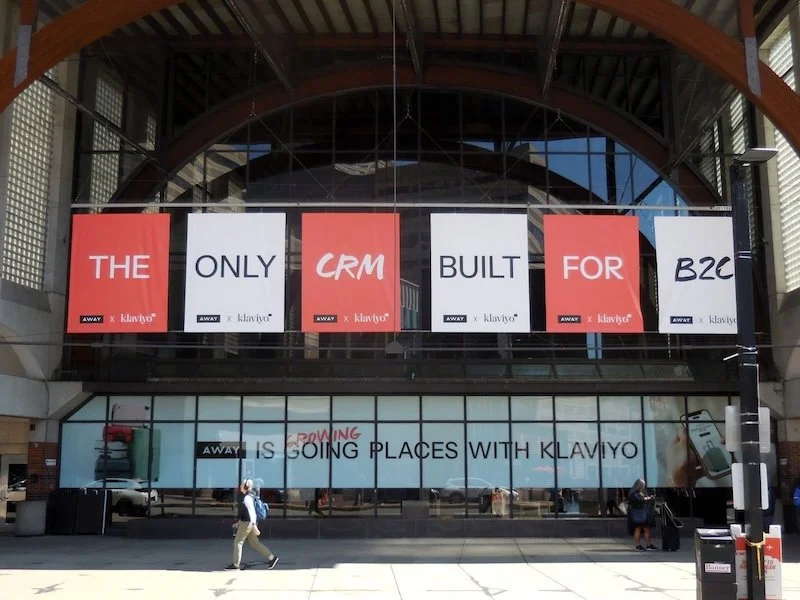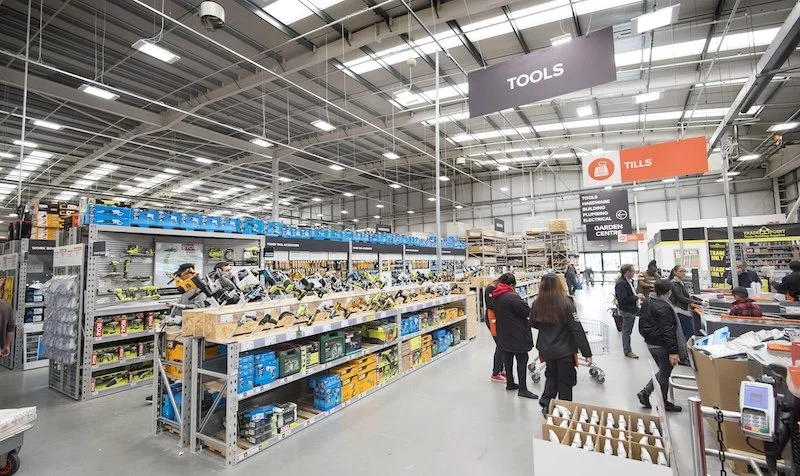Retail burnout: what it is and how to avoid it for your employees
Retail burnout is a state of physical, emotional, and mental exhaustion that affects employees in the retail sector. It arises from prolonged exposure to stressful work conditions, such as long hours, unpredictable schedules, and a high pressure sales environment.
The symptoms of retail burnout can include fatigue, irritability, reduced job performance, and a disconnection from one's work.
Many industries suffer from lack of productivity with high stress. The customer service representatives among the retail industry, known for its fast pace and constant interaction with customers, are often at risk of experiencing this form of burnout.
To mitigate the effects of retail burnout, employers must implement strategies that promote a healthy work-life balance and create a supportive work environment.
This involves recognizing the signs of burnout early, offering adequate breaks, ensuring fair scheduling practices, and providing a supportive management structure. By prioritising the well-being of employees, retailers can not only reduce burnout but also improve customer service, reduce employee turnover, and increase overall productivity.
Understanding what retail burnout is and taking proactive steps to avoid it is crucial for the longevity of a retail business. Employers who invest in their employees' well-being stand to benefit from a more engaged and satisfied workforce.
In turn, this can lead to a more positive brand image and a stronger position in the competitive retail market.
Understanding retail burnout
Retail burnout is a specific type of job burnout that affects retail employees, manifesting as physical and emotional exhaustion related to their work environment and demands.
Defining Retail Burnout
Retail burnout occurs when a retail worker experiences chronic stress that leads to:
● Physical symptoms: fatigue, headaches, and muscle tension.
● Emotional symptoms: feelings of detachment, negativity towards the job, and reduced personal accomplishment.
Identifying the Symptoms
Recognizing burnout in retail employees involves observing changes in their behavior and performance. Key symptoms include:
● Decreased efficiency and productivity: making more errors and showing less enthusiasm.
● Withdrawal: arriving late, leaving early, or taking excessive sick days.
● Changes in attitude: appearing cynical, irritable, or impatient with customers and colleagues.
Causes of Burnout in Retail Workers
Burnout in retail can stem from various sources:
● Long hours and unpredictable schedules: leading to a lack of work-life balance.
● High pressure environment: intense focus on sales targets and customer satisfaction.
● Repetitive work: monotonous tasks that provide little mental stimulation or growth opportunity.
Strategies to prevent retail burnout
To combat retail burnout, employers must proactively implement strategies that address the well-being of their staff, ensure adequate rest, offer growth opportunities, foster a healthy work-life balance, and appreciate their workforce.
Creating a Supportive Work Environment
Employers should cultivate a culture of support and open communication.
By actively listening to employees and creating a zero tolerance policy towards workplace harassment, they can build a positive work atmosphere. Regular team building activities and transparent management practices also contribute to a supportive environment.
Implementing Regular Breaks and Time Off
It's crucial to mandate breaks during shifts and encourage employees to take their allotted time off. A clear schedule for breaks helps prevent fatigue.
Offering flexible scheduling and ensuring that staff do not consistently work long hours without sufficient rest are key practices that should be routinely evaluated and enforced, the need comes from the natural response from workers to have enough rest and time off work.
Productivity has shown to be increased in countries with professionals with more time off, being able to dedicate more effective time at work.
Providing Professional Development Opportunities
Employees often need to feel they are growing in their roles.
By offering training programmes and advancement paths, employers can motivate staff and reduce burnout. Employers should actively discuss career goals with employees and provide resources for them to acquire new skills.
Encouraging Work-Life Balance
Balancing work demands with personal life is essential.
Employers should respect employees' time off and avoid contacting them during non-work hours except in emergencies. Encouraging employees to take full advantage of their days off and annual leave periods contributes to their overall well-being.
Recognizing and Rewarding Employee Efforts
Acknowledging hard work through recognition programmes and rewards is a powerful motivator.
Whether it's an Employee of the Month award, bonuses, or public recognition, showing appreciation can significantly improve employee morale and reduce the chances of burnout.































Continue reading…